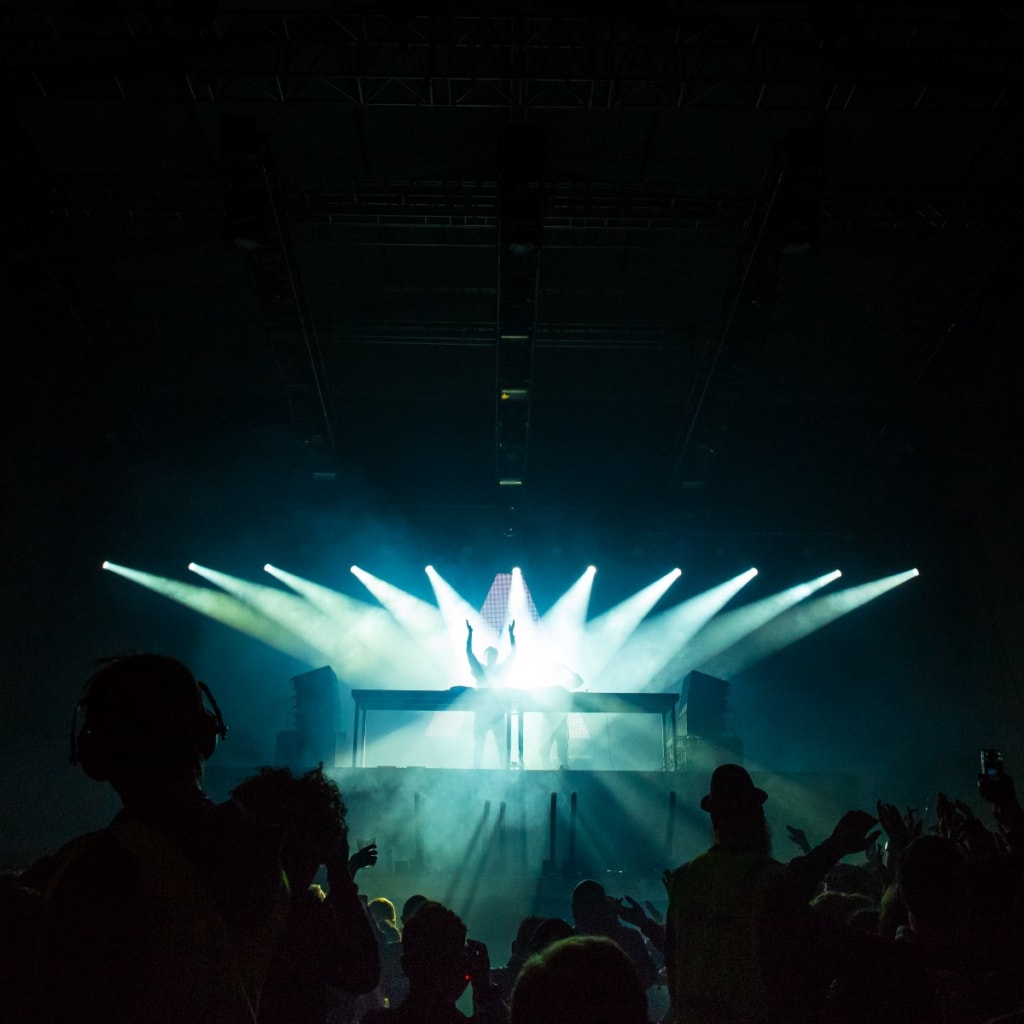Is The Age of Artists Coming?
In the past, there were always professions that were particularly in demand and could earn a lot of money. In the nineties they were bankers, today they are AI experts and big data specialists. In the future, it could be musicians, authors, and visual artists. Not despite AI but because of it.

I read in Facebook groups, in which authors or musicians exchange many dystopian prognoses of the future lately. Artificial intelligence, it is said, is now able to compose music, paint pictures and write press releases.
It seems to be only a matter of time before the artists become superfluous. Authors are still the most optimistic because, in their field, the AI still need the longest to become a severe danger to humans.
Press texts are not novels, they argue.
Some musicians counter the pessimists by saying that music written by machines will always sound impersonal and bloodless and that people will continue to recognize whether it is man-made music or computer-generated music.
Both groups are wrong. Algorithms have long been trained to search in music for emotional patterns and to reproduce them. It won't be long before a machine can compose and record music at the touch of a button that has the same effect on the listener as music written by humans.
Will art be further devalued?
We can already see today that prices for books and music albums have been falling steadily for years. Who doesn't know the complaints of the musicians, which are fobbed off with fractions of a cent for a streamed song? Who wouldn't have noticed that independent authors at Amazon today sell entire novels in Ebook format for 99 cents?
Critics of this development warn that all this will get much worse. And they would be right if one were to assume that the algorithms would remain in the hands of the traders in the future as well.
In fact, the recommendation algorithms are already working today not only for the benefit of the retailer and the customer. Authors and musicians, for their part, benefit enormously from the target-group-specific approach to their clientele.
I am one of the authors who offer their books at Amazon for 99 cents.
Many colleagues, therefore, accuse me of being part of the problem. They blame artists like me for the general fall in prices and wish, entirely unrealistically, they could charge ten dollars or more for their books. Yes, they even think they have a right to impose such prices.
These critics forget a few crucial points.
1) Easy access to enormous trading platforms such as Amazon and its millions of customers makes it much easier than before to earn money through volume. My best month so far has earned me over 8,000 euros. My last months were all between 3500 and 6000 €. With Ebooks for 99 Cent.
2) At first glance, it may be bad for artists that prices continue to fall. For the customer, on the other hand, these are paradisiacal conditions.
When I think back today to my youth, I remember how we in our circle of friends exchanged masses of illegally copied music and computer games.
The prices for a single game or record were simply too high to afford more than one game and one album a month.
How many artists would I have never had the chance to meet if I had actually only heard what I could afford back then?
Even if it sounds that way, it's not a defense of music, film or eBook piracy. It was wrong then, and today it's even more wrong. In fact, monetization at the lowest prices is the only way to remove the basis from the pirates. Because even if as an artist, I only get 29 cents to download one of my books, the money still ends up with me.
3. Today's recommendation algorithms will not have much to do with those we will be using in ten years. They will become more powerful and accurate at all levels. This makes it easier and more accessible for artists to genuinely reach the people who like their works. Thus it will also be possible in the future for many authors and musicians who serve a niche taste to make a living from their work.
4. the marketing we do as artists will also be based more and more on better and better AI algorithms in the future. This supports my thesis from point three that it is becoming more accessible and more comfortable to reach your target group. Today we are still struggling with bulky ad tools on Facebook, Pinterest, Amazone, Google, and other trading platforms and networks. We invest months and years in building e-mail distribution lists. All of this will become easier and faster in the future.
So is the age of artists really coming?
I think it's going to happen. But I also believe that all these developments will not lead to every individual becoming an artist and being able to make a living from it.
Even the most potent recommendation algorithms will not be able to sell poorly written books and miserably produced music.
I even believe, on the contrary, that lousy art in the future will find it increasingly difficult to reach a broad audience precisely because of the algorithms.
Today, for example, the Amazon Ebook Charts are still stuffed with hastily copied "romance novels" because the authors exploit weaknesses of the current algorithm for themselves. This will no longer be possible in the future.
In my opinion, more writers and musicians will be able to make a living from their art in the future, but this will only be those who are professional and talented at the same time.
At the end of the day, the algorithms will always decide in the customer's interest. Whoever puts garbage in front of his customers will be punished.
If you look at it this way, you could also call the coming age the age of the customer. But we artists will get better access to more customers than ever before.
From my point of view as an author, the future will, therefore actually become the age of artists. Because despite all worries that music, books, and pictures can soon be created by computers, I rely on the personal relationship between artist and fan - because that will also be easier and more direct to get in the future.
About the Creator
René Junge
Thriller-author from Hamburg, Germany. Sold over 200.000 E-Books. get informed about new articles: http://bit.ly/ReneJunge






Comments
There are no comments for this story
Be the first to respond and start the conversation.